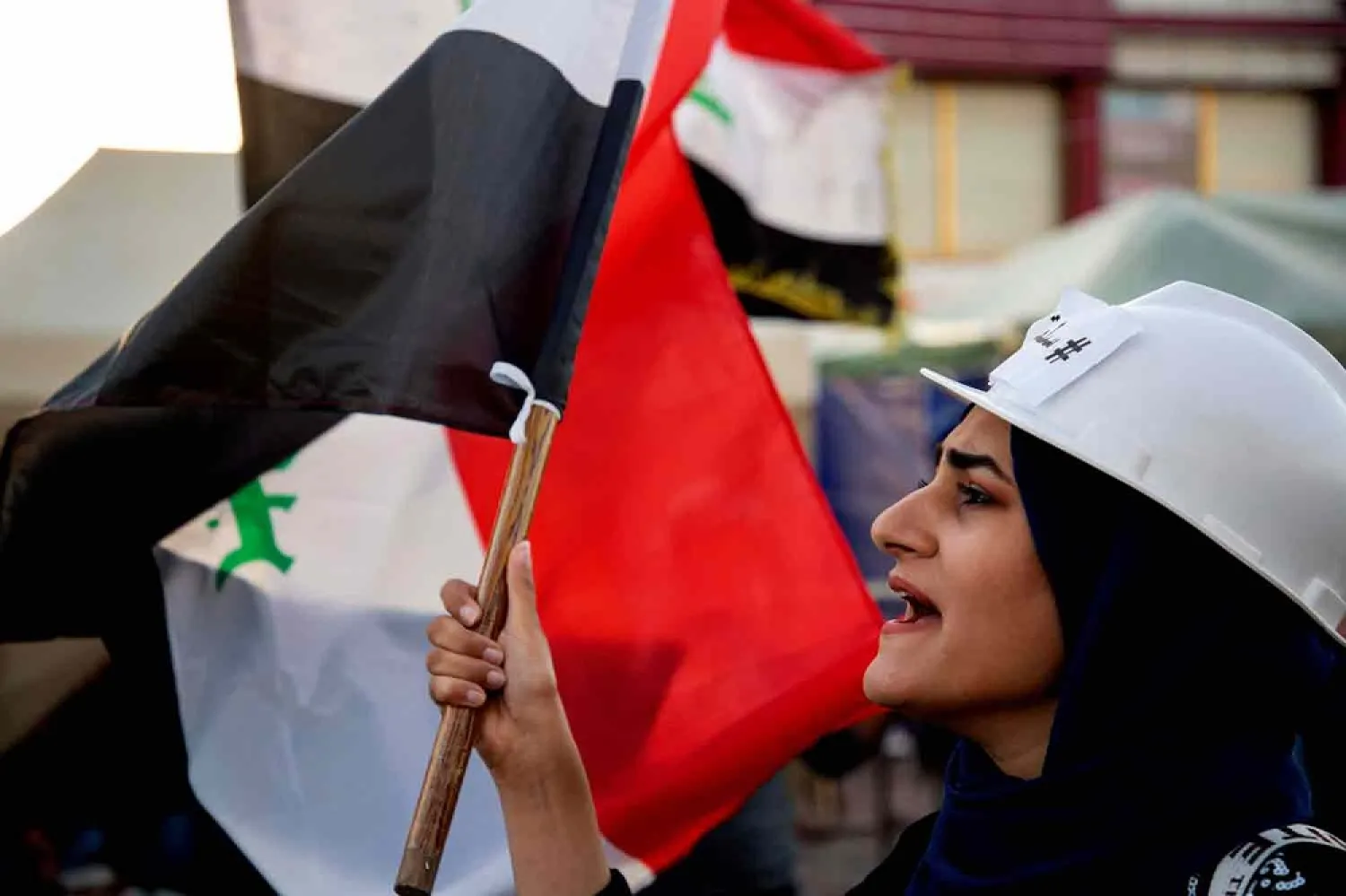Iraqi security forces have arrested four individuals in the southern city of Basra suspected of killing anti-government protesters and vocal journalists, two senior security officials told AFP on Sunday.
The arrests would represent the first major step towards justice for some of the nearly 600 Iraqis killed in protest-related violence, including assassinations, since 2019.
"Intelligence forces arrested four suspected members of a 16-person network responsible for the assassinations in Basra targeting activists," one of the sources said.
The source said Iraqi intelligence was still working to identify the remaining members of the network and would not comment on whether the accused were linked to any political party or paramilitary force.
"They confessed to their crimes, including the killing of Iraqi journalist Ahmad Abdessamad, and a number of other activists," the official said.
Abdessamad, 37, was killed in January 2020 alongside his cameraman Safaa Ghali, 26, in their hometown of Basra.
Armed men in a 4x4 approached the two reporters as they were parked in a car near a police station.
Abdessamad had been vocally supportive of anti-government rallies that erupted across southern Iraq in October 2019.
Since then, hundreds of young Iraqis died in protest squares, hit by live bullets or military-grade tear gas canisters that pierced their skulls or chests.
Security forces were widely blamed for the killings, though Iraq's government has repeatedly denied its forces shot at protesters.
Others were gunned down in what appeared to be targeted killings, including scholar and government advisor Hisham al-Hashemi, shot outside his home in July.
Even as the protests quieted, the violence continued, with an activist shot dead in Baghdad in December and others kidnapped and beaten earlier this month.
Prime Minister Mustafa al-Kadhimi has repeatedly pledged to hold killers to account, but there have been no public arrests or trials.
In December, eight human rights organizations said the Iraqi government was "failing" in its obligation to bring those individuals to justice, thereby "entrenching decades of impunity".
Top government advisors have admitted to AFP that their intelligence investigations found the perpetrators of the bloodshed hailed from powerful paramilitary groups.
"We know who killed Hisham, for example, but we cannot go after them," one advisor said.









